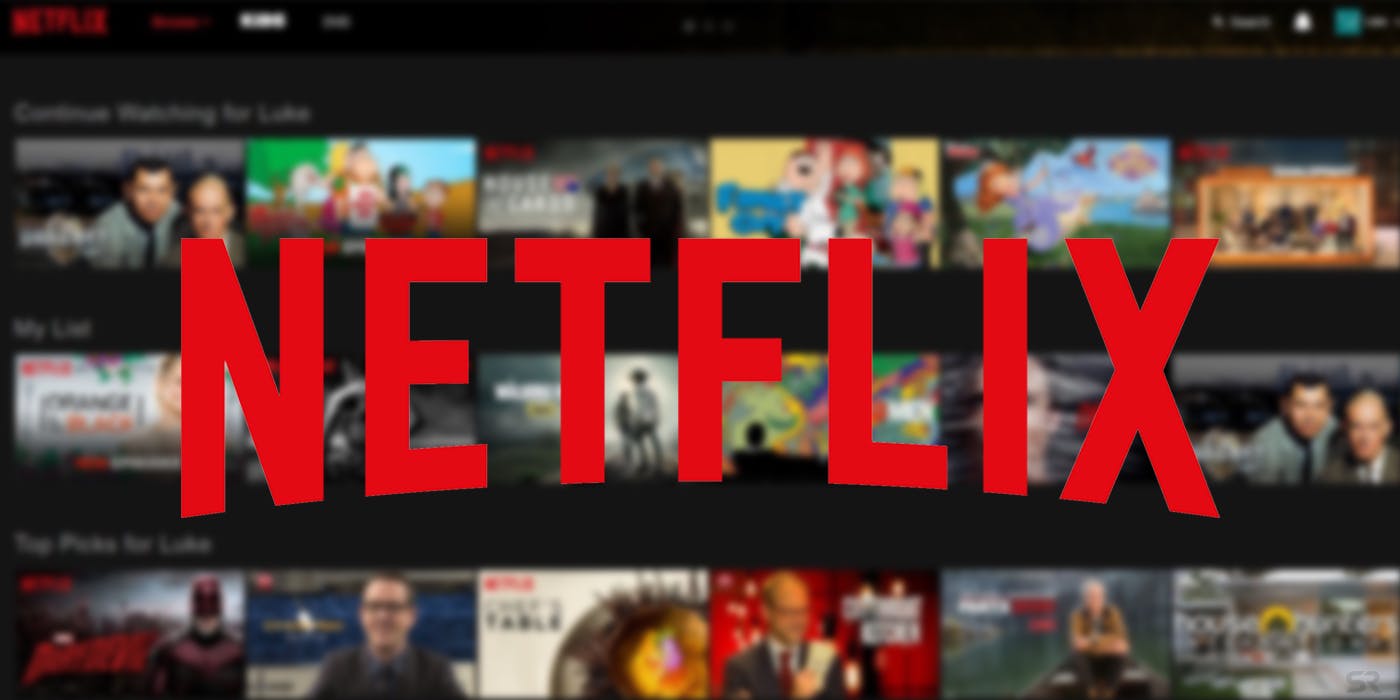As it landed in Pakistan back in 2016, Netflix proved to be quite the game-changer, dislodging the age-old storyline of audiovisual entertainment. Several Pakistanis promptly jumped ship from the conventional narrative to a much radical one where neither a love triangle nor a broken marriage was part of the central idea.
For years Pakistanis have grown accustomed to sitting in front of a screen for two to three hours with a bag of popcorn in hand watching the same lovers’ quarrel that eventually turned into eternal companionship or the idea that love prevailed against all odds. Films like Devdas and Dilwale dulhania le jayenge in particular helped cement the genre’s mystique, promising to keep the audiences glued to the television and cinema screens.
However, over the past decade, the quality of Hindi movies has drastically improved. Films like Kapoor and Sons, Gully Boy and Simba integrated a good love story with social issues, shedding light on the years old rape culture. These films spoke about the LGBTQ+ community as well. Although it has been a means of entertainment for as long as one can remember, the media is now also being used to spread social aware- ness amongst the audience.
Pakistan and India have been quarrelsome since olden days but Pakistanis still manage to keep their love for Bollywood movies alive. So much so that after the ban imple- mented by the Supreme Court on Indian films in 2019, the black market for pirated films had its sales skyrocketing. Every film banned could now be bought with some extra money.
The landing of Netflix in Pakistan however brought about a serious decrease in these black market sales. Bollywood film lovers could now watch all kinds of banned movies legally. Thousands of movies and shows were just a click away, not to forget that Netflix provided clear copies and an option to pay far less than the cable companies charged. All the while Netflix also raised awareness on the matter of intellectual property rights and artist royalties.
“As they’ve proved time and time again through their social media and branding, Netflix knows what their audience wants”, a recent article by Social Media Today said.
The USD 1.2 billion company changed the meaning of entertain- ment when it brought a variety of ideas to the table. People could now watch seasons, short films, and documentaries according to their preferred genres. Pakistanis who only had a preference for comedy, romance and action were now exploring genres like anime, crime, reality, fantasy and foreign dramas. Netflix also targeted its young audience, introducing a kid’s account with all kinds of shows having child-friendly content.
In 2020 most Pakistanis were going bananas over the famous Netflix show Money Heist. The craze reached such a peak that Mangobaaz reported a Money Heist themed wedding, stating: “Money Heist has to be the most-awaited and most talked about show these days. Since the fourth season dropped on 3rd April, fans have been going absolutely gaga over it. So a couple took this Money heist craze to the next level and had a themed wedding”.
The Pakistani middle class was seen obsessed with the trends introduced by these shows. Netflix became the only option present especially in the times of quarantine when the nation stood at a standstill with nothing much to do. Shows like Ertugrul, Stranger things and Peaky Blinders experienced fast popularity, all based in different times and painting different cultures and storylines.
Netflix also released a show in July called “A suitable boy” with a story most young adults could relate to. Based in 1951 and newly independent India, a girl named Lata Mehra is torn between the promise of a happily ever after and duty to her family. Fighting against societal norms and class differences, Lata tries to find love only to be disappointed.
As consumer demands change Netflix brings new things to the table, going against the standard storyline and evolving shows according to the modern narrative of entertainment.
However, as beneficial as Netflix may be for some individuals, a large fraction of the population has yet to feel the same way about the content platform. Several Pakistanis say due to the Netflix feature of regional selection the variety becomes quite limited and paying USD 7.99 a month for it does not seem like a sensible move.
Another thing that keeps Netflix in the bad books is its outdated library. “These days, only Netflix originals can really be considered timely and trendy”, an article by MUO recently stated. Due to convoluted licensing deals, most shows arrive on Netflix months after they are released – and people hate to wait.
Netflix has still not experienced the wrath of the Pakistani moral brigade. Even though Netflix has gained popularity in virtually no time, there are still aspects that the society has yet to comment on. Netflix with its diverse shows entertains but a lot of the content it curates remains outside the moral and cultural norms that this nation has clutched on to for so long. Most content is rated 18+ due to lewd language, nudity, sex and violence.
All in all, while Netflix may satisfy the entertainment needs of the Pakistani urban middle class, it has a long way to go in order to win the hearts of the vast majority of the population that still find pirated copies and torrenting to be the better option.










